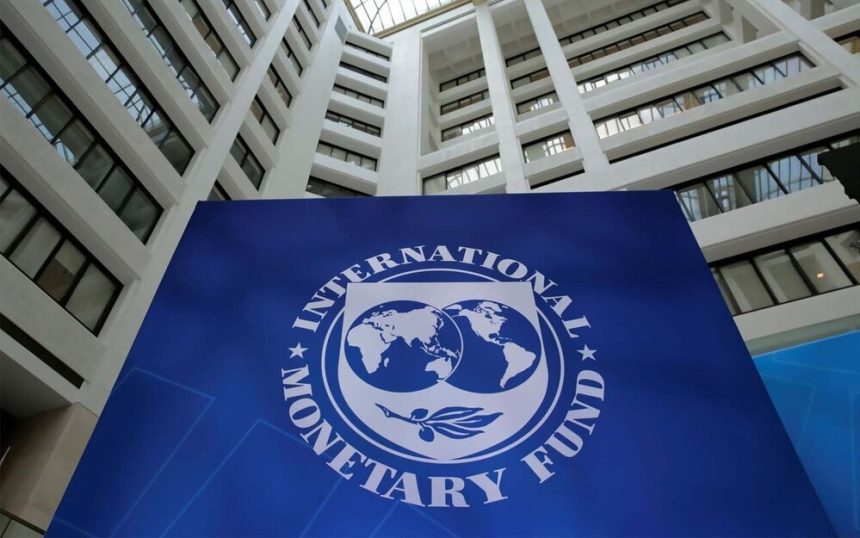Dean of the School of Business at the University of Cape Coast (UCC), Prof. John Gatsi, has stressed that any further postponement in the disbursement of the second tranche of the $600 million from the International Monetary Fund will increase the economic unrest in Ghana, particularly the banking sector.
This comes after a rescheduled date for the IMF negotiations to January 11, 2024. This highlights existing concerns of economy watchers about the vulnerability of the Banking sector.
Prof. Gatsi emphasized on how the delay is affecting the foreign exchange trade in the country.
“There’s pressure on the economy especially in the Banking space. It is because of the delay that’s why the bank of Ghana has put in place new measures regarding the forex that has been announced recently.”
He explained why the Bank of Ghana introduced new measures regarding the forex to limit the liquidity of the banking system due to the delay in the disbursement.
“It is meant to limit the liquidity of the Banking system and to make those monies in forex currency available to manage the cedi.”
Moreover, he emphasized that a further delay in the disbursement will prove to be problematic for the Bank of Ghana and the other stakeholders in our nation’s economy.
“And for that matter if the money continues to delay, we will get to a point that we may not have solution to what to do to contain the cedi. So that is a worrying situation for the Ministry of Finance, for the Bank of Ghana and for the entire managers of the economy.”
The IMF Board was expected to meet on Ghana’s programme for the second review in November 2023. However, Ghana’s challenge in reaching an agreement with China on the debt restructuring compelled the Fund to reschedule the date on two occasions: in the first week of December 2023 and December 21, 2023.
Ghana would be able to secure its second tranche of the IMF bailout on January 11, 2024, provided there are no further reschedules.




